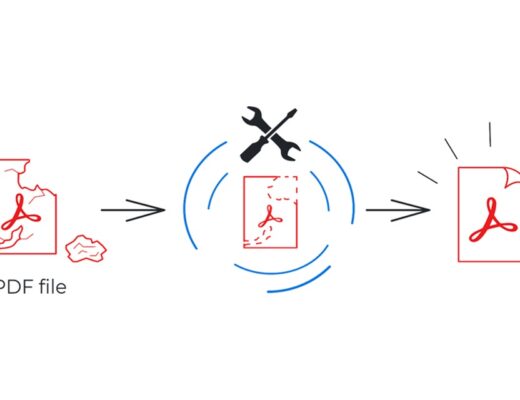We have all heard the fuss around AI. It impacts almost every domain of our lives, be it professional, personal, or social. Life has just become easier with AI tools, such as ChatGPT. However, AI is more than this. You can use it to automate some of your tasks, reducing the redundancy of many mundane tasks. But, even though it comes with many benefits, it has sparked debates and raised ethical concerns. Its potential impact on job displacement and the broader economy is still unknown.
Yet, we start feeling its effects. Automation brings efficiency and productivity gains. It also poses challenges that need careful consideration from an ethical standpoint. Is there such a thing as ethical automation? How does AI impact employment and job security? Are there job losses due to automation? What are the ethical implications of artificial intelligence? The answers to these questions and more on ai job loss below.
Job Displacement
One of the primary concerns is the potential loss of jobs due to automation. Tasks that were previously performed by humans could be automated. Which is leading to unemployment or the need for reskilling and upskilling for the workforce. Of course, there are many things to consider. This could be an interesting topic for students who learn about the impact of technological advancements. Writing an ethical dilemma essay might not feel easy, but it forces you to look deeper into the depths of this topic. You can easily find ethical dilemma essay examples for students to inspire from. It will also help you to gather more information on the job displacement caused by AI automation.
Organizations and governments should provide support in these cases. They should organize retraining programs or offer alternative employment opportunities for those affected.
Economic Inequality
As mentioned above, certain skilled workers might benefit from the AI-driven economy. However, others face unemployment or underemployment. This is why ethical deliberation is essential. The gains from automation should be distributed fairly across society. Automation could exacerbate economic inequality, so all these details should be addressed.
Human Dignity & Purpose
Meaningful work contributes to human dignity and well-being. The loss of jobs or the transformation of job roles might impact individuals’ sense of purpose and fulfillment. Ethical considerations should focus on creating environments where individuals can find purposeful roles. Whether it is through new job opportunities, lifelong learning, or societal support systems.
Responsible AI Development
Ethical considerations in AI development involve ensuring that automated systems are designed and used responsibly. This includes transparency in AI decision-making processes, mitigating biases in algorithms, and accountability for AI-driven outcomes. It’s crucial to prioritize ethical AI practices to minimize negative impacts on employment and society.
Policy & Regulation
Ethical frameworks need to inform policy-making and regulations surrounding AI and automation. Striking a balance between innovation and protection is essential. Policymakers should consider measures that encourage technological advancement while safeguarding employment. They have to ensure a just transition for affected workers and foster inclusive economic growth.
Social Impact Assessment
Understanding the social impact of AI implementations is crucial. This includes understanding the potential consequences of automation on communities, industries, and the economy. Ethical considerations should guide these assessments to anticipate and address any negative effects on employment and societal well-being.
Collaboration & Dialogue
Open dialogue and collaboration among stakeholders are fundamental. Businesses, governments, academia, workers’ representatives, and communities are some of them. Ethical considerations should encourage inclusive discussions. They should seek diverse perspectives to address concerns. And collectively find solutions that balance technological advancement with societal well-being.
Final Thoughts
Navigating the ethical considerations of AI automation concerning job loss and economic impact requires a multifaceted approach. Even though the AI revolution comes with many benefits, there is a heated debate around it. While some individuals might benefit from its impact, others might suffer its consequences. The job loss and displacement associated with AI technology are huge and only growing. It is therefore essential that both individuals and organizations understand the ethical implications of AI. Governments should provide support to those who have to navigate job loss.








No Comments